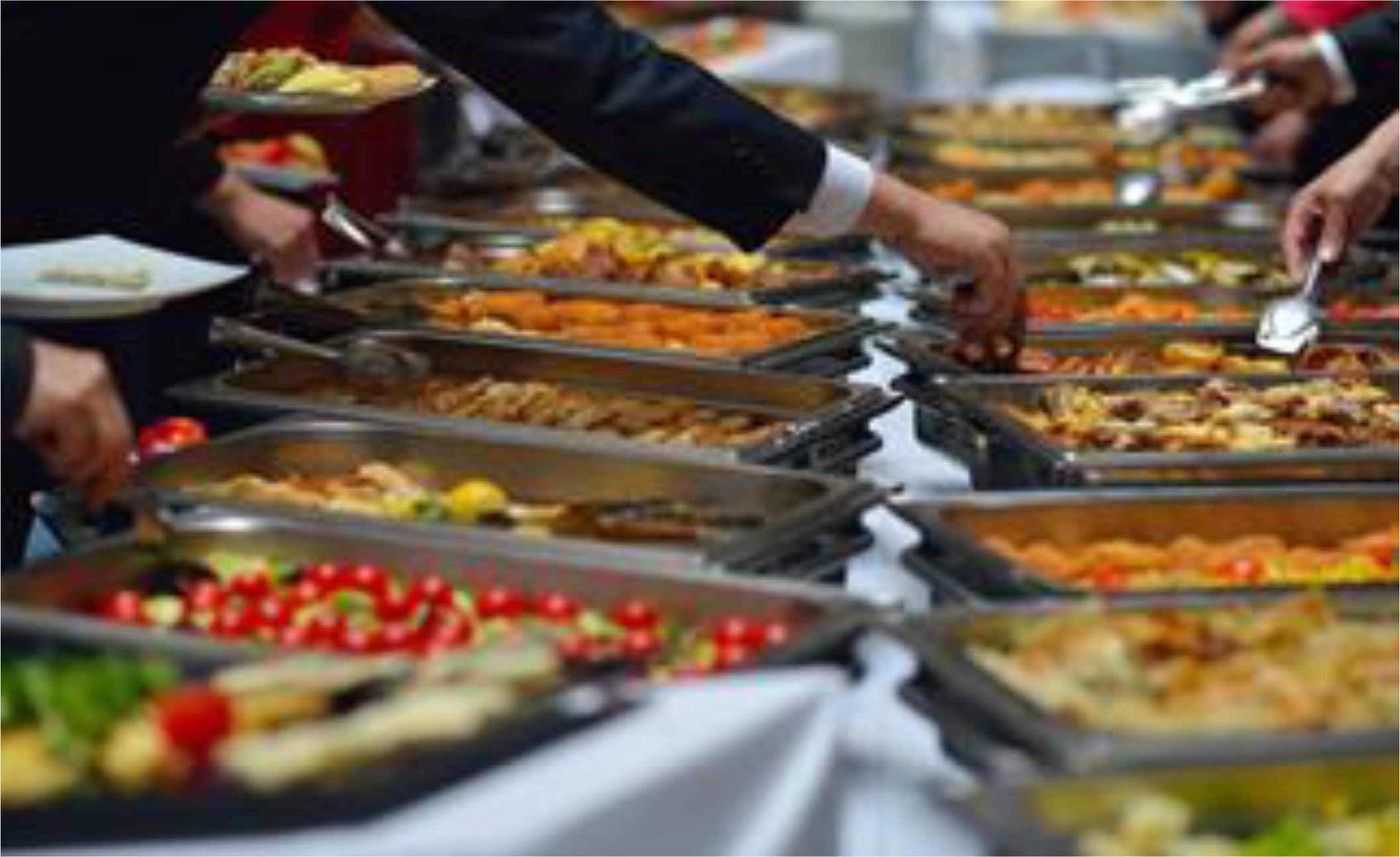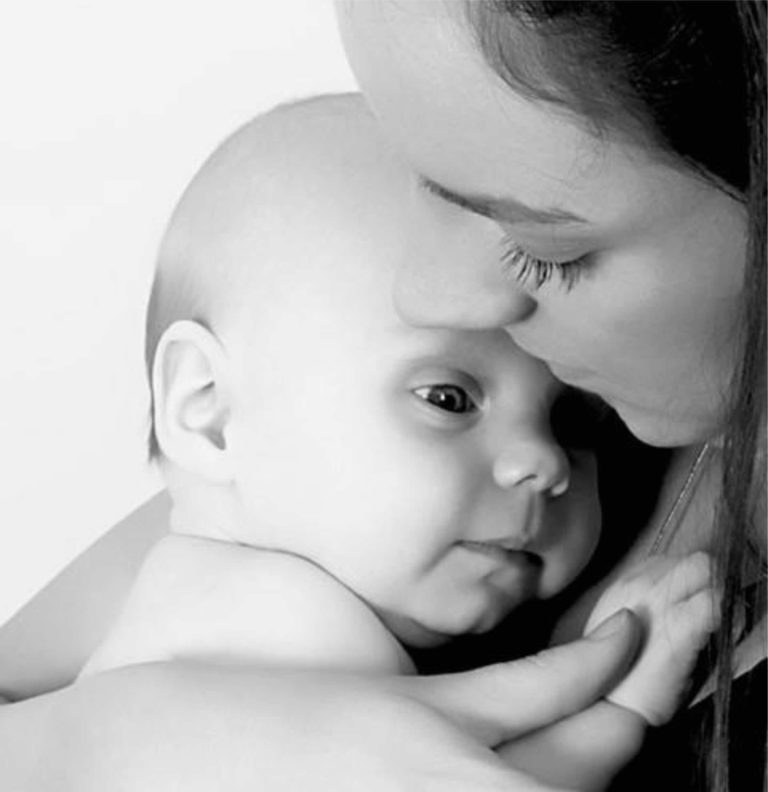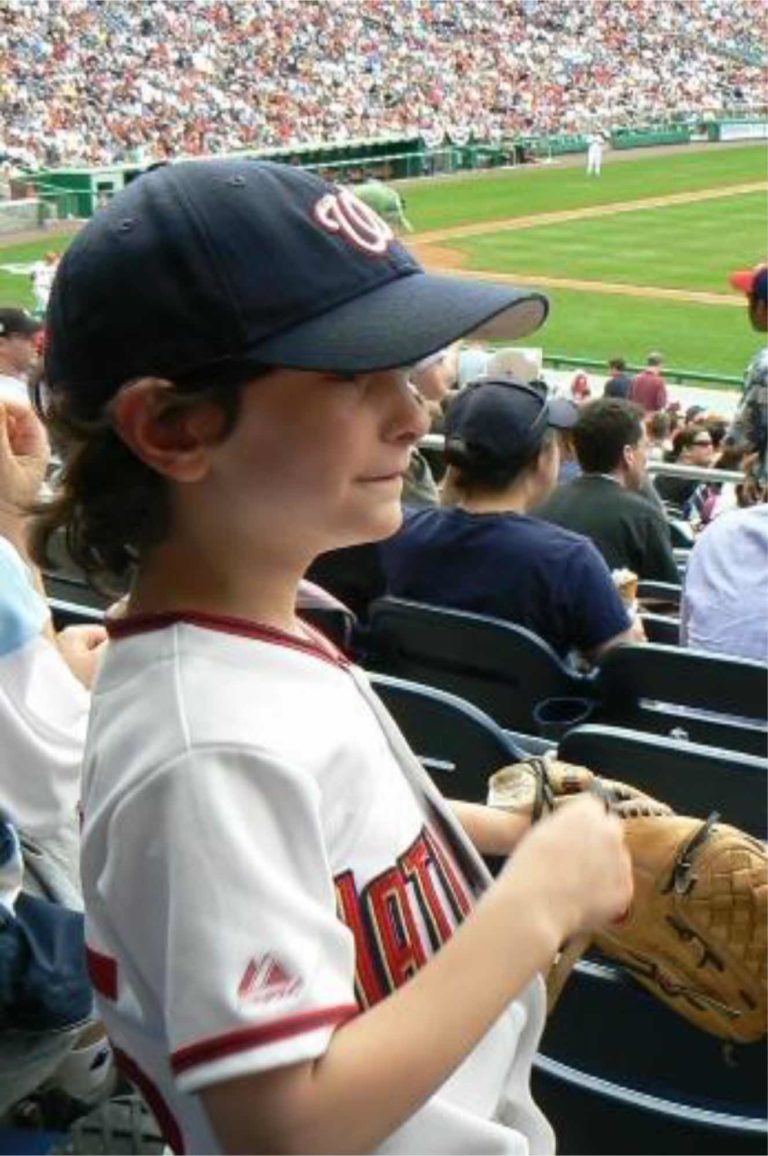When I was in elementary school, my family lived next to a farm that had cows, horses, goats, pigs, chickens and many, many dogs. It seemed as though there were always a lot of adorable warm puppies to cuddle. Often there were more than six puppies in the litter, making feeding time a scramble. My playmates and I would intervene and try to make sure that each newborn had its fair share of milk. Of course, in the wild the puppies would fight their way to receive enough nourishment or fail to receive enough and die.
Every time I attend an event where a buffet is served, the image of those puppies shoving each other out of the way to get to the food, comes to my mind. Most humans approach a buffet table as if they had not eaten for days, piling heaping servings onto a plate. In Australia, I took a day cruise to the Great Barrier Reef and after the buffet lunch I happened to strike up a conversation with one of the chefs. He told me that the cruise company levied a hefty surcharge for certain tour groups because they were known to serve themselves four times as much food as anyone could possibly eat.
What does this behavior tell us?
Those who suffer from eating disorders can shed some light. A woman who is in remission from compulsive overeating told me that she could not approach a buffet table because to do so awakened inside her a fantasy that it was all hers and the only way to control herself from literally eating herself sick was to leave the room. Phylogenesis offers another understanding. In order to survive, getting to the food before anyone else does is part of our evolutionary development. Eating from a buffet table, as opposed to from a plate of food, made just for you and served by restaurant wait staff, awakens a primitive competitive instinct to get more of mother, or mother earth, than your “siblings.” One might argue as well, that in our fantasy life, there is no such thing as “too much” – whether food, land, or money. In the world of unconscious fantasy, we are like those puppies, we want all the food and do not want to share it.



